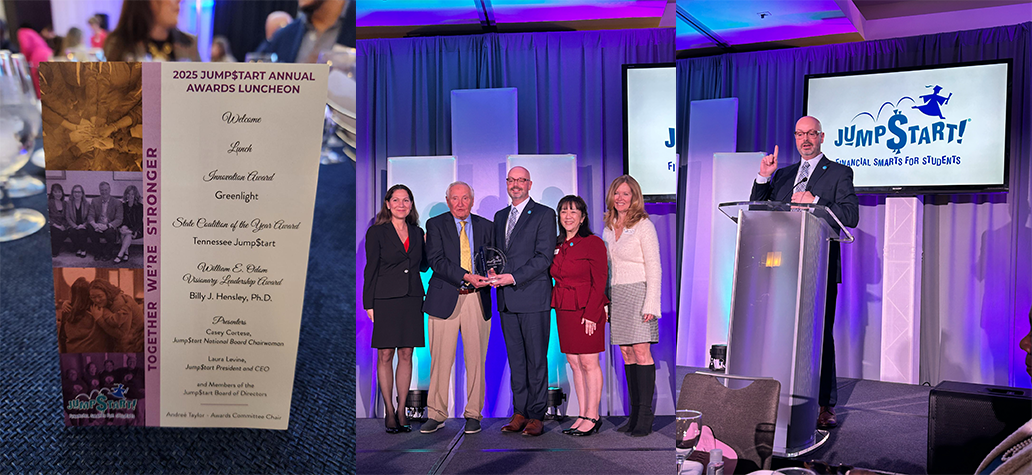New Poll Sheds Light on Financial Concerns under New Administration
DENVER—The 2016 election was fueled by divisiveness and high emotion and it created an unprecedented amount of uncertainty among Americans, particularly in terms of how people believe their finances will be impacted.
A post-election poll of more than 1,000 U.S. adults conducted by GfK using its Knowledge Panel on behalf of the National Endowment for Financial Education (NEFE) finds just 27 percent feel their individual/family personal finance situation will be better off under President-Elect Donald Trump. This compares to just 19 percent of respondents who believed that if Secretary Hillary Clinton would have won their financial situations would have improved. The flip side of the results show 72 percent of Americans feel their financial situation would remain the same (37 percent) or even become worse (35 percent) under President-Elect Trump. The numbers slant even higher with the reflection of Secretary Clinton winning the White House, with 80 percent believing their financial situations would have remained the same (46 percent) or been worse off (34 percent).
“What’s truly interesting about these findings is that the lines are definitive and that the clear majority of people have legitimate questions and concerns about their finances. And that was true of both candidates,” says Ted Beck, president and CEO of NEFE.
The poll also shows some contrast between men and women. Among men, 31 percent thought their finances would be better off with President-Elect Trump compared to 23 percent of women. Interestingly, if Secretary Clinton had won, 20 percent of men thought their financial situations would be better off, but among women the number was even lower at 19 percent. Women are significantly more likely than men to believe their finances will be worse off under President-Elect Trump, and a plurality of women feel this way. For Secretary Clinton, pluralities in both genders congregate in the middle (their situation would remain the same), which contributes to a lower positive response. But under President-Elect Trump it leans negative among women, as a plurality of women believe their finances will be worse off (40 percent), while 36 percent believe it will be the same and 23 percent better off.
Looking at how respondents feel the election results will impact their financial situations, 56 percent cited health-care costs as their primary concern. This was followed by taxes (48 percent), overall costs of living (47 percent), and retirement security (38 percent). Interestingly, job security ranked 8th on the list of concerns at 26 percent, and education affordability ranked near the bottom with 22 percent.
“During the past two administrations there has been a great deal of cooperation with government and the non-profit sector to better educate consumers on personal finance issues. I certainly hope this continues with responsible leadership moving forward and we see the benefits of continuing the work that already has been started through the efforts of the President’s Advisory Council on Financial Capability and the President’s Council on Financial Capability for Young Adults,” says Beck. “Regardless of our emotions it’s important for people to take action on the things they can control, like establishing and building an emergency savings, using credit responsibly, making informed decisions about bank products, and saving for long-term goals.”
For more information and self-directed courses on improving your financial life, visit www.smartaboutmoney.org.
Here are the complete results of the post-election results and finances poll conducted by GfK using its Knowledge Panel.
About GfK Custom Research Knowledge Panel
The study was conducted online by GfK's Overnight Service using the web-enabled “Knowledge Panel,” a probability-based panel designed to be representative of the U.S. general population, not just the online population. The study consisted of 1,010 nationally representative interviews conducted on November 9, 2016, among adults aged 18+. The margin of error is +/-3 percentage points.

